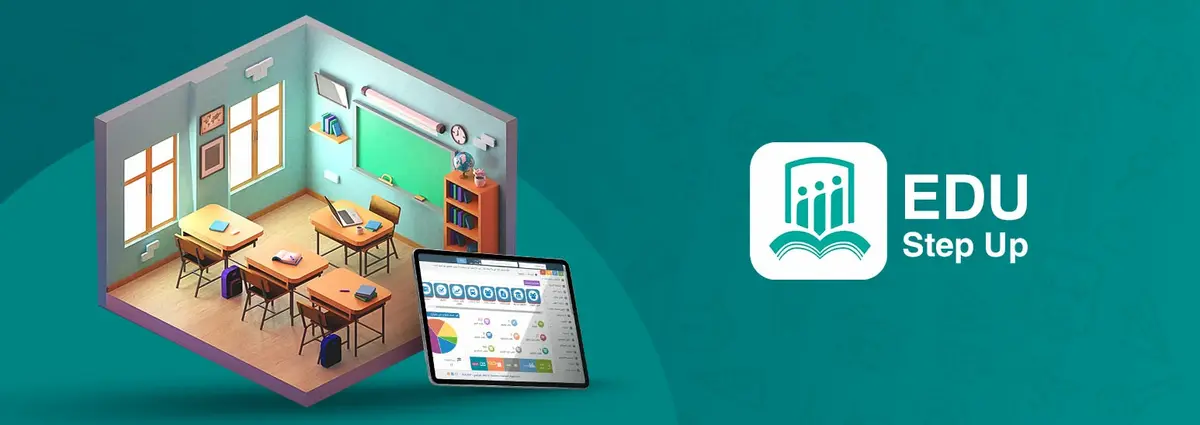
Thu 2024/07/18
top 10 successful strategies classroom management
Classroom management requires effective strategies to ensure an organized and stimulating learning environment. Learn the top 10 strategies and skills that include enhancing interaction, using technology, motivating students, and developing social and managerial skills to achieve an optimal learning experience.
Classroom management is one of the most important skills a teacher must possess to achieve an effective and attractive learning environment. This management includes a set of strategies aimed at enhancing learning, motivating students, and reducing chaos within the classroom. In this article, we will discuss the most important classroom management strategies and skills that can help teachers improve their educational experience.
Classroom management strategies and skills
1. Establish clear rules
Clear rules are the cornerstone of effective management. The teacher must set the rules from the beginning of the school year, and make sure the students understand them. These rules can include respect for others, listening well, and being punctual.
2. Use positive reinforcement
Positive reinforcement is a powerful tool to motivate students. Teachers can offer praise, small gifts, or concessions to students who demonstrate good behavior or make progress in learning. This type of reinforcement helps reinforce desired behaviors.
3. Diversifying teaching methods
Using a variety of teaching methods helps capture students' interest. These methods can include lectures, group work, discussions, and educational games. Diversity in methods contributes to meeting the needs of different students and enhances their participation.
4. Manage time effectively
Time management is one of the basic skills that a teacher must develop. This can be achieved by planning lessons well and selecting activities according to the time available. Time management helps reduce chaos and ensures that lesson objectives are met.
5. Effective communication with students
Good communication with students fosters trust and mutual respect. The teacher must listen to the students, understand their needs, and provide them with the necessary support. Providing students the opportunity to ask questions and participate in discussions enhances their interaction.
6. Use of technology
Technology can be an effective tool in classroom management. Using presentations, tutorials, and interactive platforms can make learning more exciting and fun. Technology can also facilitate communication between the teacher and students, and this is what the Edu Step Up system helps you with in managing student affairs, managing classrooms, and controlling the follow-up and management of the educational process in the school.
7. Organizing the classroom environment
Organizing the classroom environment includes seating arrangement, lighting, and classroom decor. The environment should be stimulating for learning and comfortable for students. A good seating arrangement can help promote collaboration among students and reduce distractions.
8. Dealing with negative behaviors
The teacher must be prepared to deal with negative behaviors in an effective manner. This can include using appropriate sanctions, talking to students individually, or involving parents when needed. The goal is to correct behavior without negatively affecting the relationship with the student.
9. Building positive relationships
Positive relationships between teacher and students play a big role in classroom management. Teachers must set a good example and show genuine interest in their students. Building relationships based on trust and respect contributes to creating an encouraging learning environment.
10. Continuously evaluate performance
Continuous evaluation of students' performance helps identify their strengths and weaknesses. The teacher can use individual and group assessments and provide feedback to improve their performance. This contributes to motivating students to learn and develop.
Successful classroom management strategies in 2024
Successful classroom management is one of the most important factors that affect students' learning experience. Different strategies can be used to achieve an effective and organized learning environment, and these are some successful classroom management strategies in 2024.
1. Promoting interaction within the classroom
a. Use of technology
- Augmented Reality (AR) and Virtual Reality (VR): To provide interactive lessons, Learn about the importance of virtual classrooms in teaching and learning.
- Educational applications: To increase student engagement.
B. Group activities
- Group projects: To stimulate cooperation among students.
- Educational gamesTo enhance understanding in a fun way.
2. Providing an organized environment
a. Set clear rules
- Define the rules from the beginningTo ensure clarity of expectations.
- Review the rules periodically: To confirm compliance with it.
B. time management
- Schedule activities: To ensure efficient distribution of time.
- Regular rest periods: To stimulate concentration.
3. Motivating students
a. Rewards and recognition
- Points and rewards systems: To motivate good performance.
- Public appreciation: To enhance self-confidence.
Find out: Best modern methods of school management
B. Provide appropriate challenges
- Competitive activities: To stimulate the competitive spirit.
- Innovative projects: To encourage creative thinking.
4. Develop social skills
a. Teach mutual respect
- Interactive workshopsTo promote respect and cooperation.
- Open discussions: To develop communication skills.
B. Team building activities
- Activities outside of class: To enhance relationships between students.
- Group exercises: To improve teamwork.
5. Teach time management
a. Organizing the study schedule
- tasks dividing: To make it easier to complete assignments.
- Use calendars: To set deadlines.
B. Teaching priorities
- Workshops on time management: To teach students how to set priorities.
- Regulatory tools: To help students stay organized.
By applying these strategies, teachers can create a stimulating and effective learning environment that helps students achieve their full potential. It is important to have a balance between organization and interaction to enhance the learning experience.
Classroom management requires diverse skills and strategies to ensure an effective and productive learning experience. By setting clear rules, using positive reinforcement, and varying teaching methods, a teacher can improve the learning environment and achieve the best results for students. By applying these strategies, teachers can be excellent role models and achieve success in their educational career.
Leave Comment






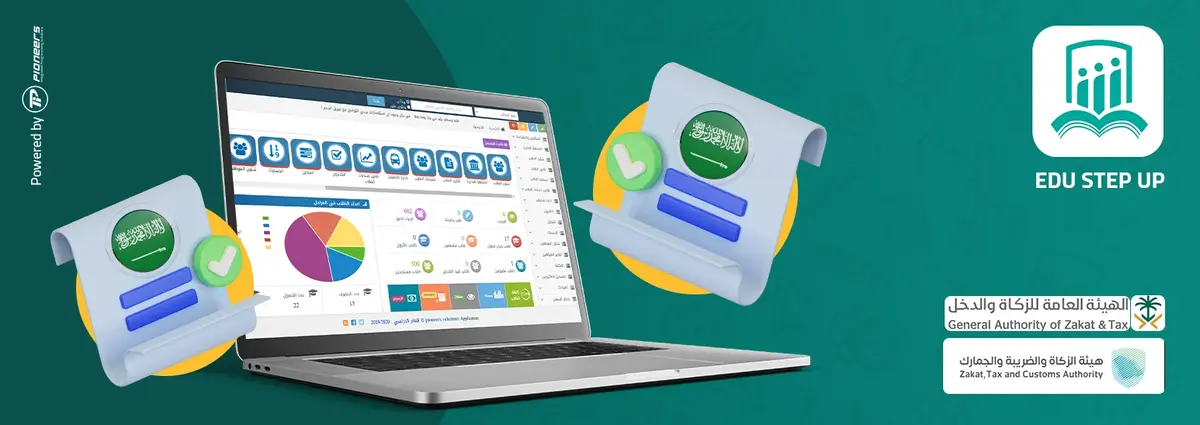
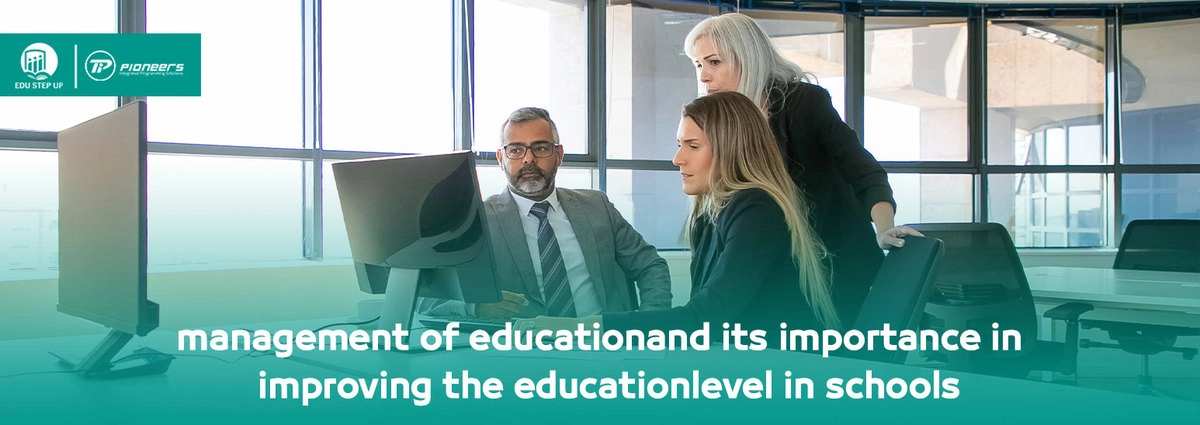
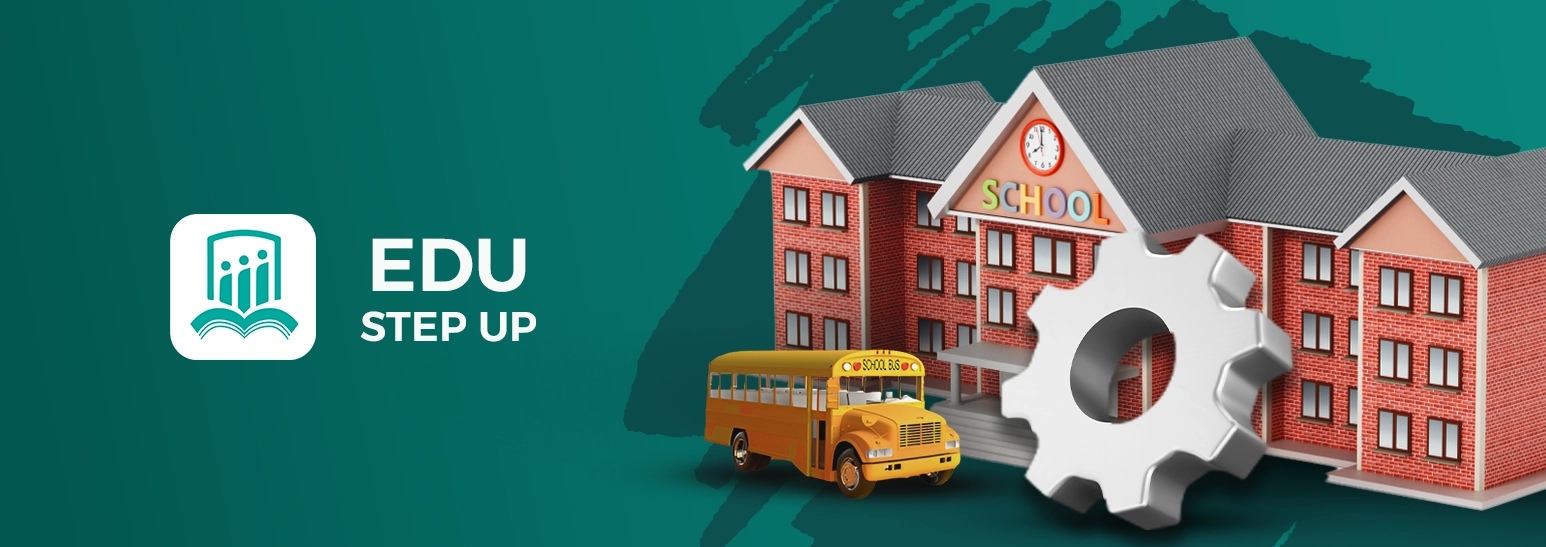
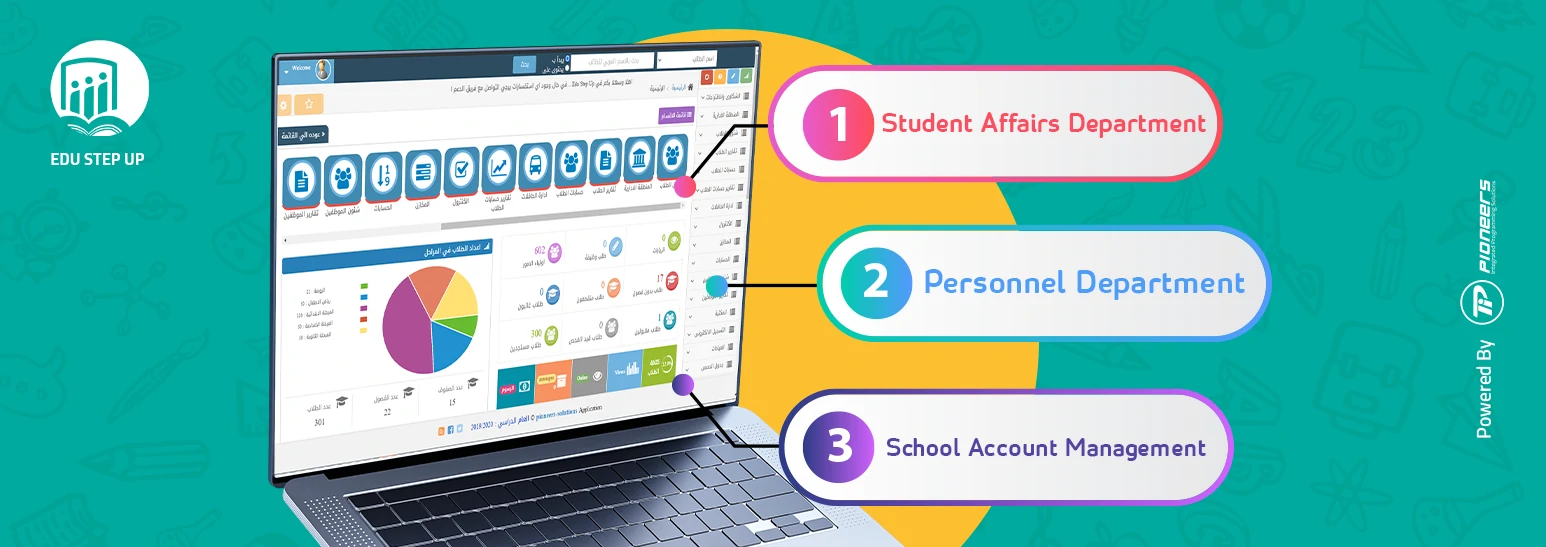
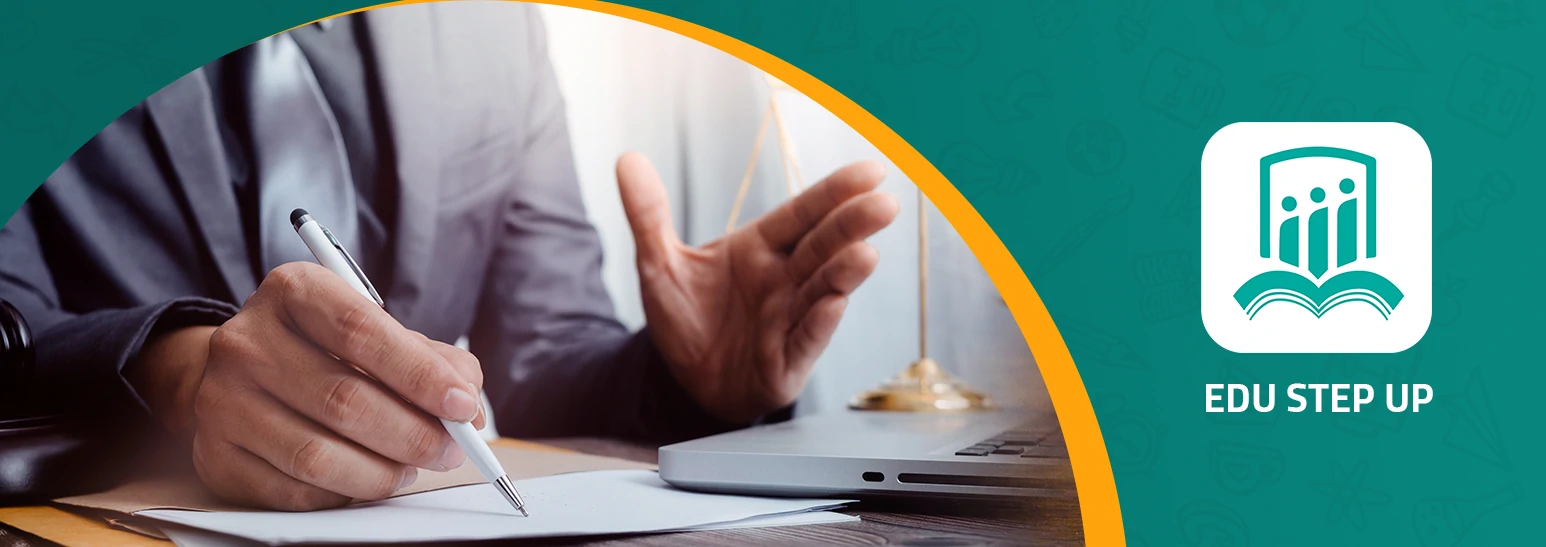

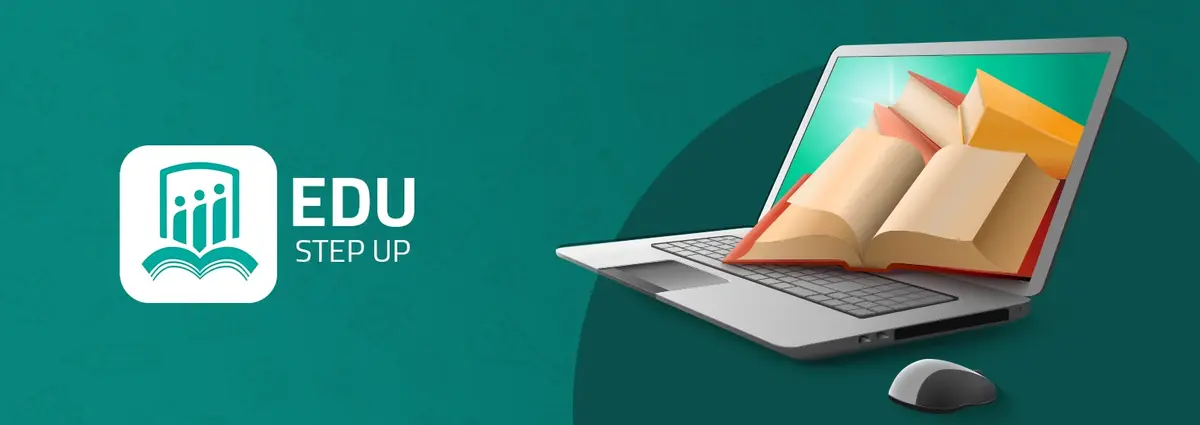
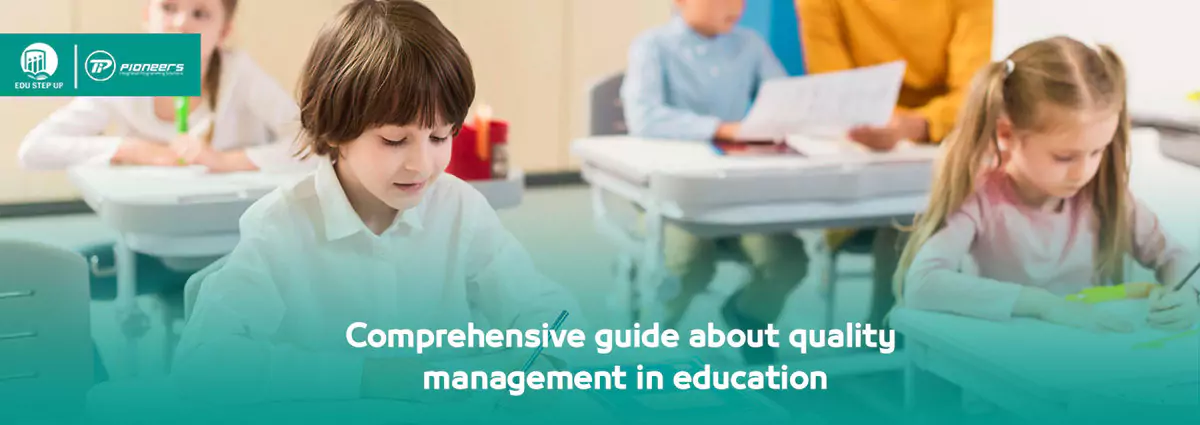
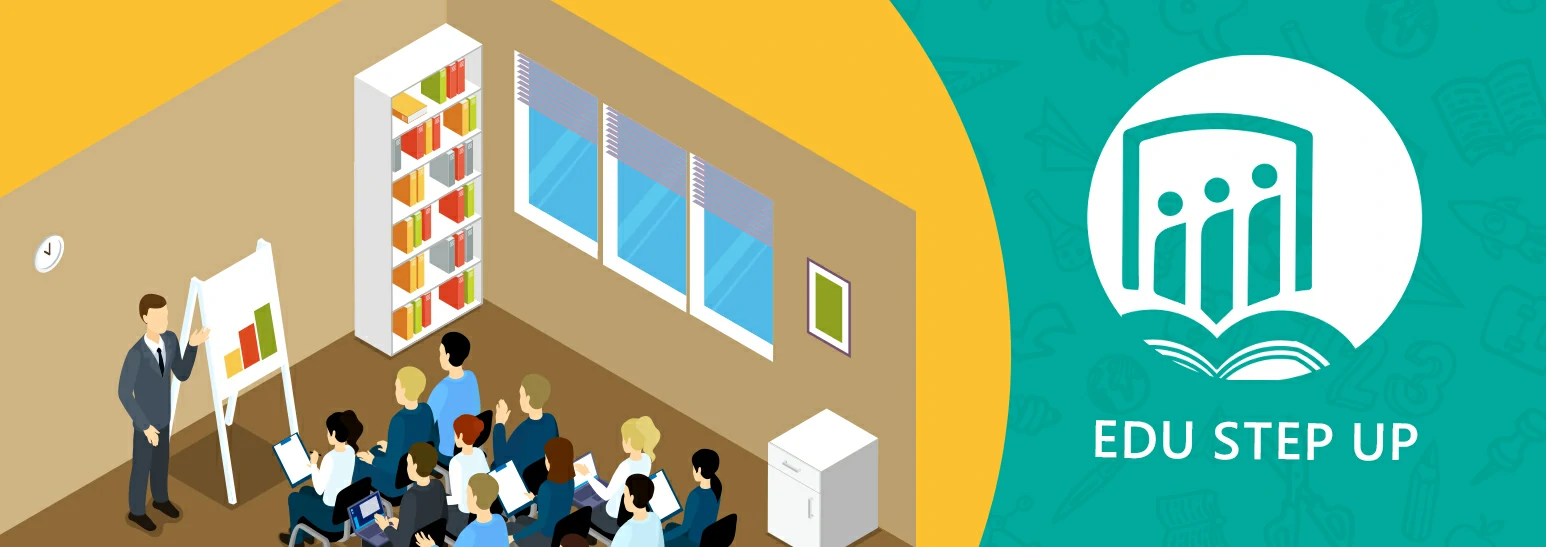
Comments